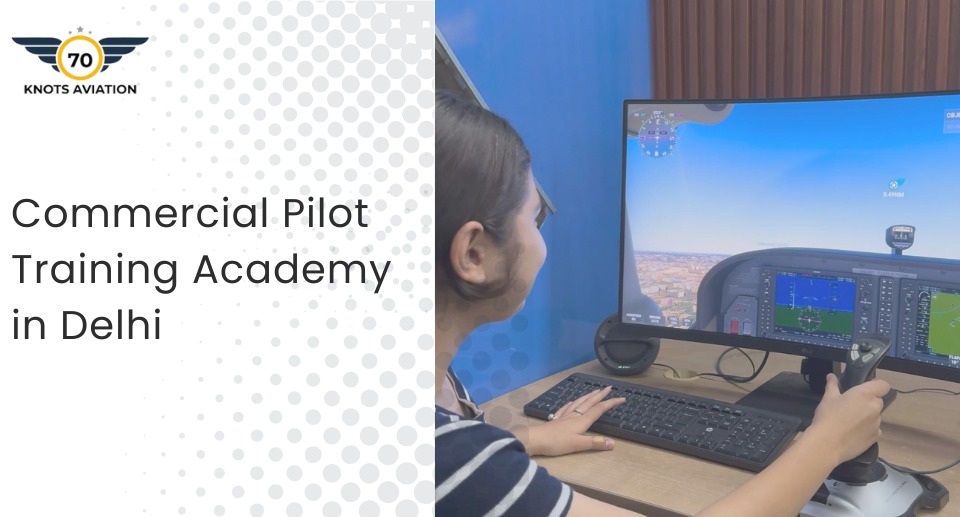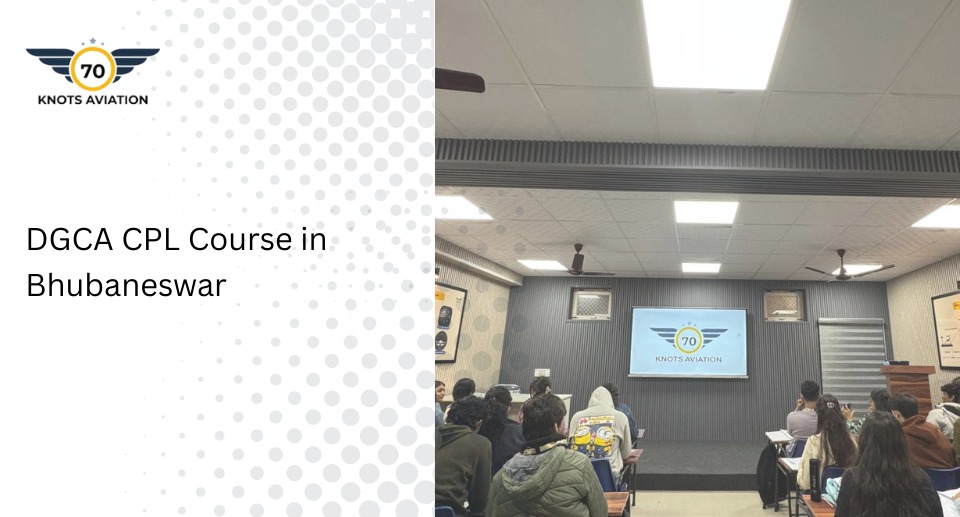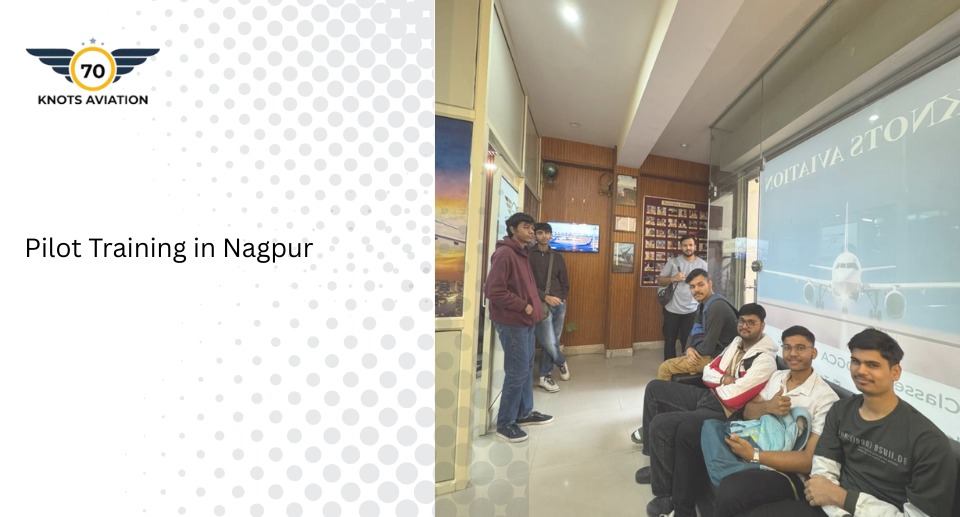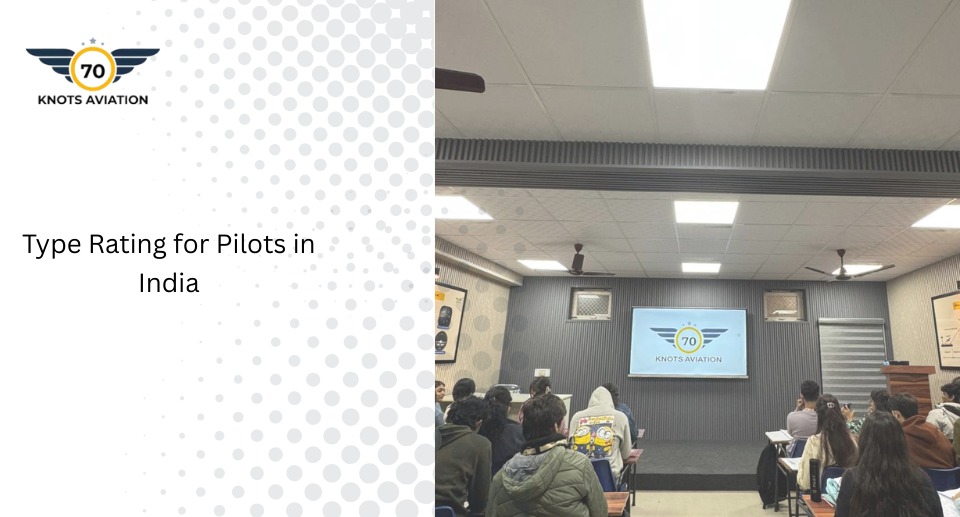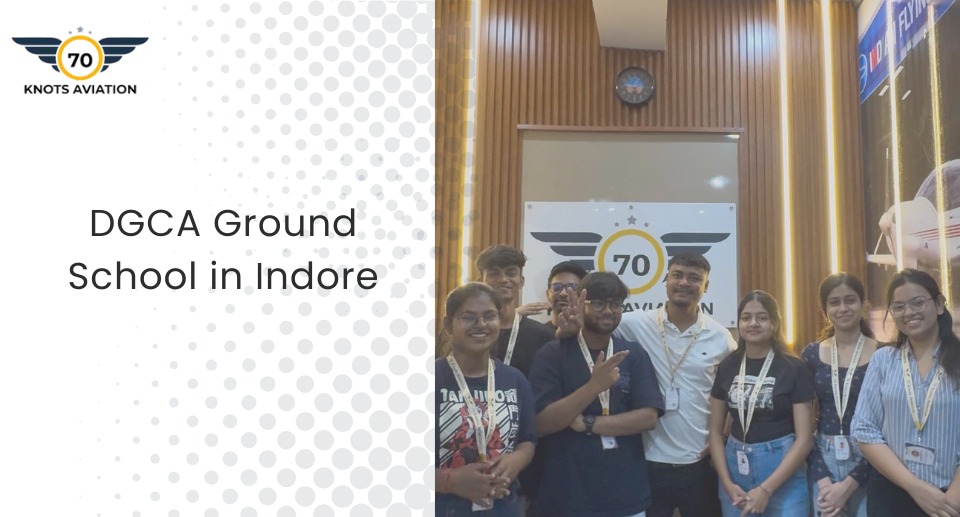Soaring High: Why DGCA Pilot Training in Nagpur Is the Career Launchpad You Need
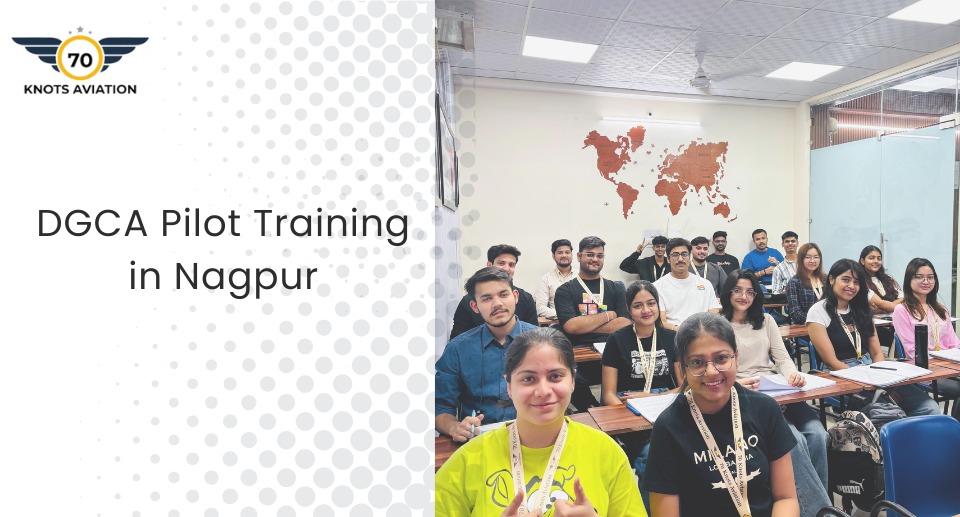
Air travel is growing faster than ever. So the need for good pilots is now a real priority for every airline – big or small. One place that looks promising for learning to fly is a DGCA Pilot Training in Nagpur. I think Nagpur’s location, cheap‑ish yet top‑notch training, solid DGCA program, and the special stuff 70 Knots Aviation offers make it a great launch pad for a pilot career – maybe even the best.
Why Nagpur Makes Sense for Pilot Training
- Central Spot – Nagpur sits right in the middle of India. The weather tends to stay clear, low‑visibility days are rare and there isn’t a lot of mountain turbulence. Because of that, schools can train all year long without many weather delays. The airspace isn’t as crowded as big city airports, so students can log the flight hours they need without endless holding patterns.
- Growing Airport Scene – The government has been pumping money into Nagpur lately. Dr. Babasaheb Ambedkar International Airport got a big upgrade, new air‑traffic control tech has been installed and special aviation zones are being built. All that means students get to see modern airport operations up close, which helps when they later join an airline.
- Cheaper, Still Quality – Places like Delhi or Mumbai charge a lot for tuition and living costs. Nagpur is far less expensive but still offers good teaching, small class sizes and access to high‑end simulators. That way money isn’t a major barrier to reaching international standards.
What to Expect from a DGCA Pilot Course
- Clear Curriculum – The DGCA syllabus mixes theory and practice in a step‑by‑step way. You study aerodynamics, weather, aircraft systems and aviation law before you sit the written exams, flight checks and skill‑test batteries that meet Indian and ICAO rules.
- Hands‑On Time – Modern simulators reproduce the cockpit feel of planes like a Cessna‑172 or an Embraer‑190. Learners can practise emergencies, instrument flying and team work without real danger. Real‑flight hours with qualified instructors then build instinctive decision making.
- Job‑Ready Skills – Besides the technical stuff, the training pushes you to improve communication, situational awareness, safety mindset and handling crises. Graduates come out ready to fit into the daily flow of both domestic and foreign airlines.
What Sets 70 Knots Aviation Apart
- Experienced Teachers – Instructors are former airline pilots with years of real‑world flying, so lessons stay grounded in what actually happens in the sky, not just textbooks.
- Top Facilities – The school owns a fleet of up‑to‑date aircraft and high‑tech simulators that meet the newest regulations. Students learn on the same gear they’ll use later on airline jobs.
- One‑On‑One Mentors – Each cadet gets personal guidance from start to finish – theory prep, exam tips, flight testing and licensing. This mentorship feels more like a partnership than a lecture series.
- Career Help – A dedicated placement cell runs interview prep, networking events with airline recruiters and helps sort out paperwork for overseas conversion courses, making the jump from student to professional smoother.
Where Can a DGCA‑Certified Pilot Work?
- Indian Airlines – Low‑cost carriers such as IndiGo and SpiceJet are adding planes daily, and legacy airlines like Air India still need pilots, so jobs are plentiful.
- International Carriers – DGCA licences are recognized worldwide. With extra conversion training, pilots can aim for jobs in Europe, the Middle East or North America, provided they meet local license requirements.
- Specialized Flights – Beyond passenger routes, pilots can move into cargo, charter, aerial survey or even become flight instructors themselves, widening their career options.
FAQ About DGCA Pilot Training in Nagpur
- What schooling is needed?
- Finish 10 + 2 with Physics and Maths, plus a medical check that meets DGCA health rules.
- How long does it take?
- Usually 18‑24 months, depending on weather, personal progress and aircraft availability.
- Are there money‑help options?
- 70 Knots and other schools often give flexible EMI plans and scholarships to ease the financial load.
- Can I use the license abroad?
- DGCA licences can be converted to foreign type‑ratings. You’ll need extra training and exams, but it’s a common path.
Conclusion
A DGCA‑approved pilot program in Nagpur is more than just a school – it can be a true career launch. The city’s central spot, growing airport infrastructure and affordable yet high‑quality training environment give students an edge. Add to that the strong reputation of 70 Knots Aviation – seasoned teachers, modern facilities, personal mentorship and solid placement help – and Nagpur becomes a clear launch pad for anyone who wants to “fly high” today and tomorrow.

